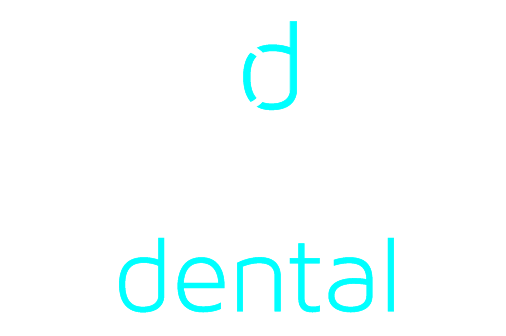Tooth Extraction
A Comforting Approach to Tooth Extraction
At Boychuk Dental, we understand that tooth extraction can be a daunting prospect. That's why we prioritize your comfort and post-operative care throughout the process. Our dedicated team strives to provide you with a worry-free, pain-free experience, ensuring your well-being every step of the way.
When Tooth Extraction Becomes Necessary
In certain situations, tooth extraction becomes necessary to protect your dental health. Dr. Brown, our experienced dentist, may recommend tooth extraction if you find yourself in any of the following circumstances:
Broken Tooth: If you've suffered a tooth fracture or extensive damage, a tooth extraction may be the best solution to restore your oral health.
Infected Tooth: Dental infections can cause significant discomfort and jeopardize surrounding teeth. An extraction may be required to eliminate the infection and prevent further complications.
Deep Tooth Decay: When decay reaches an advanced stage, it can compromise the tooth's structure and function. A tooth extraction might be the most effective course of action in such cases.
Insufficient Space in Your Mouth: Crowded teeth can lead to alignment issues, impacting oral health and overall well-being. Dr. Brown may recommend tooth extraction as part of an orthodontic treatment plan to create adequate space for your remaining teeth.
Dr. Brown will carefully review your medical history with you, conduct any needed x-rays, and examine your teeth before recommending a tooth extraction.
Your Comfort And Peace Of Mind Are Our Utmost Priority
The Boychuk Dental team will do everything possible to ensure you receive the best service and experience tailored to your preferences and needs. Please let a team member know if you have any special requirements or preferences!
Post-Operative Care Instructions for a Tooth Extraction
We recommend that you become familiar with post-operative instructions before your extraction. There are considerations for care that can make the difference between comfort and healing or pain and infection.
Do not disturb the area: Allowing your body to form a blood clot and start the natural healing process is very important. Swishing, sucking through a straw, and smoking can all dislodge the clot. Keep anything sharp from entering the extraction site (crunchy food, toothpicks, etc).
Bleeding: Keep pressure on the gauze in your mouth for at least 30 minutes. After 30 minutes, you may remove the gauze. If there is still bleeding, you may bite on another gauze or a tea bag for another 30 minutes. Small amounts of blood in the saliva is expected after the surgery.
Swelling: A small degree of post-op swelling is normal. Applying an ice bag to the face over the area will help minimize swelling. Apply for 15 minutes, then remove for 15 minutes. You may continue this for the first day.
Pain: Some discomfort is normal after an extraction. To minimize pain, take two regular-strength Advil or Tylenol every 4 hours until bedtime to maintain comfort. It is helpful to take these before the dental freezing wears off.
Brushing: Do not brush your teeth for 8 hours after surgery. After this, gently brush your teeth, but avoid the extraction area for 3 days.
Rinsing: Avoid all rinsing or swishing for 24 hours after extraction. Rinsing can disturb the blood clot formation, which is essential to proper healing. After 24 hours, begin gentle rinsing with a saltwater solution (1/2 tsp salt + 8 oz warm water). Rinse with this saltwater solution 3-4 times daily for 4-5 days after the extraction.
Smoking: Smoking should be stopped for at least 2 days after extraction. Cigarette smoke dramatically slows the healing process, and the suction created when inhaling cigarettes can dislodge the clot.
Diet: Eat soft foods and avoid hot, carbonated, or alcoholic drinks, and avoid hot or spicy foods for the first 24 hours.
Activity: After leaving the office, rest and avoid strenuous activities for the remainder of the day. Keeping blood pressure lower will reduce bleeding and aid healing.
Antibiotics: If you were given an antibiotic prescription, take all of them as directed until they are gone.
Numbness: The dental freezing will cause you to be numb for a few hours after you leave the office. Be careful not to bite, chew, pinch, or scratch the numb area. Sometimes an extraction causes residual numbness or tingling for 6 weeks or longer.
Sinus: If your sinus was involved in the procedure, you should avoid blowing your nose or playing a wind musical instrument for one week. The use of decongestant medications might be recommended.
Please call us if you experience:
uncontrollable pain
excessive or severe bleeding
high fever
excessive warm swelling occurring a few days after the procedure
reactions to medications given, especially rash, itching, or breathing problems


